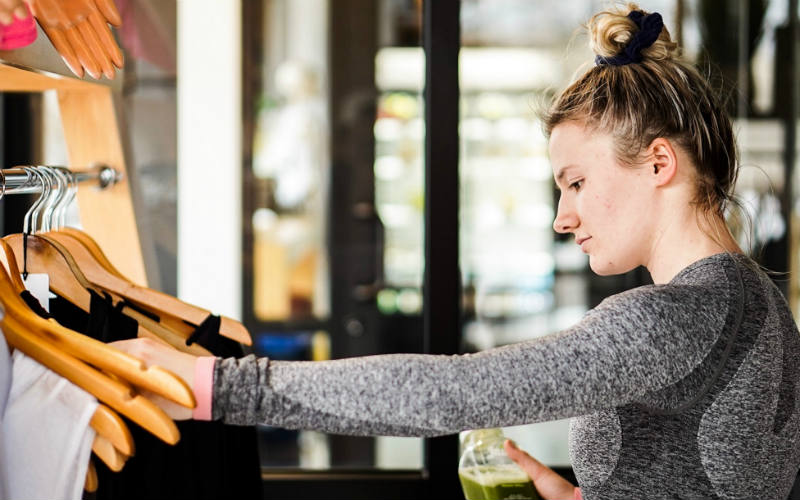ME Bank's bi-annual survey of 1,500 households revealed that the financial comfort of the average Australian has reached a 'record high' for June 2021.
On average, household financial comfort increased a further 3% to an index of 6.04 out of 10, which is 8% higher than December 2019 and 5% higher than June 2020.
ME's 20th Household Financial Comfort Report points to a few key contributors to this strong result.
These contributors include spending cutbacks, rising residential property and investment markets, an improved labour market, and greater household financial resilience built as a result of the pandemic.
Of the 11 categories making up the Household Financial Comfort Index, almost all of them continued to improve.
Notably, comfort with net wealth (up 5% to 6.21); comfort with cash savings (up 1% to 5.83); comfort with investments (up 3% to 5.67); and comfort with expected retirement (up 8% to 5.82) all saw significant increases.
Both comfort with investments and comfort with cash savings broke their historical averages.
ME's Consulting Economist, Jeff Oughton, said that several factors have bolstered the sense of wealth and comfort felt by many households.
"Of course, there are still sections of the population, for example single parents, insecure workers including casual and gig economy workers, the unemployed, and self-employed Australians, who aren’t feeling as financially comfortable," Mr Oughton said.
"These groups are highly susceptible to changes in Government support and ongoing turbulence during Australia’s economic recovery."
Despite new-found comfort, emergency savings remains low
Households maintained high precautionary saving habits, with changes to expenditure and/or spending habits named the main reason for households' improved financial situations.
The proportion of household savings improved by one percentage point to 58%, and the amount typically saved spiked to $960 per month. These are both record highs.
On the other side of the spectrum, 34% of households spent all of their income but didn't overspend, and 8% overspent but the amount overspent fell to $483. These are both nearly three-year lows.
'Comfort with the ability to cope with a financial emergency' improved 1% to 5.69.
However, 21% of households reported less than $1,000 in cash savings, a downturn of six percentage points pre-pandemic.
ME's Report also highlighted the instability felt by some households if they were to lose their income for a short period of time.
Almost a quarter (24%) of households said if they lost their income, they could only sustain their current lifestyle for one month. An additional 11% said they could only do so for two weeks.
"With pandemic lockdowns continuing to occur across Australia, households with low cash savings are at significant risk, especially in instances of extended strict lockdowns like we’re currently seeing in New South Wales, Queensland and Victoria," Mr Oughton said.
The "winners" and "losers" of financial comfort
According to the survey, "winners" were young singles/couples with no children; retirees; younger adults (18-29); and older adults (over 60).
Most states and territories were tagged as "winners", with new records in NSW (6.13) and Victoria (6.10).
Major cities also reported 'substantially higher' financial comfort in Sydney (6.34) and Melbourne (6.28). This can be compared to Adelaide (6.09); Perth (6.07); and Brisbane (5.91).
However, the "losers" were single parents dependent on government assistance; self-employed workers; casual workers; unemployed Australians; and Gen X (41-56).
Image by Sarandy Westfall on Unsplash



 Harry O'Sullivan
Harry O'Sullivan

 Bernadette Lunas
Bernadette Lunas
 Rachel Horan
Rachel Horan
 Alex Brewster
Alex Brewster

